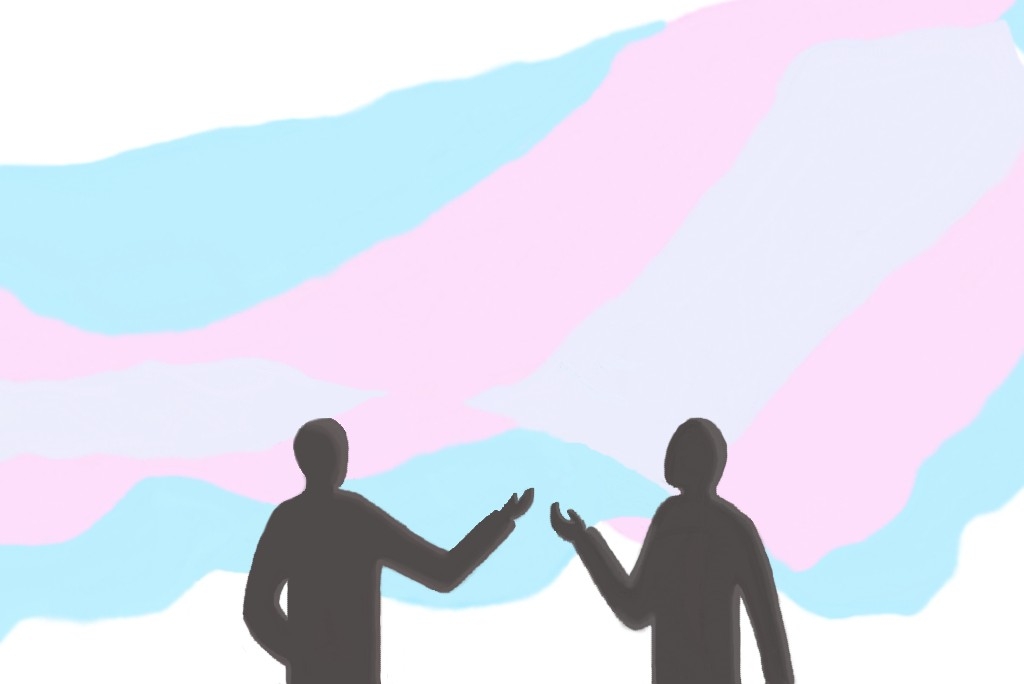What experiences do transgender+ students have at Lund University (LU), and what kind of discrimination do they face? Lundagård joined in on a conversation that has previously been missing at the university.
On Friday the 19th, the day before Transgender Day of Remembrance, the network HBTQ-LU – a LGBTQIA-network for employees at LU – and P6 (Project 6) – an interest organization working to promote sexual health – organized a panel discussion about the experiences of transgender+ students at Lund University.
To delve into what needs to be changed at the university, the organizations had invited the PhD-students Mynta and post doc Lene Kristian Bryngemark, the latter of which called in from San Francisco. Other invitees were two students who wishes to remain anonymous, as well as the vice-principal of Lund University, Jimmie Kristensson, who joined the panel for the latter half of the discussion. The discussion was moderated by Kai Bergendal.
The first half of the conversation was aimed towards discussing issues that the panelists felt were most pressing, and the second focused on what changes they believe are needed to combat discrimination at the university.
Mynta stated that she has mostly had good experiences at Lund University, something that the panelists agreed on. The common sentiment was that students at LU are generally well educated on matters of gender.
In contrast however, the administrative regulations related to changing your first name are surprisingly rigid, says one of the anonymous students, highlighting the larger structural problems at LU.
“There’s no way to change your name on Canvas unless you go through Skatteverket.”
Whilst students and staff of Lund University pride themselves on being at the forefront of gender awareness, certain blind spots remain. Professors sometimes misgender, and the other anonymous student told the panel that there is a lack of interest among university staff in asking for people’s pronouns.
“No one asked, so I didn’t say anything.”
This lacking interest on part of the university is what vice principal Jimmie Kristensson was called in to answer to. He mentioned that there has been many years since the university did a qualitative survey of the needs of the student body, resulting in the non-existent communication between the university and its transgender population.
Lene Kristian Bryngemark pinpointed an area where Lund University can make a difference: helping international transgender students and staff coming to Lund University navigate the medical system, which is especially relevant for international students. However, there should be a focus on including the perspectives of transgender students when identifying such needs. “You need to center the people with the lived experiences when you address that”, they said.
Kai Bergendal asked the panel if there is a conversation to be had on an intersectional level, to which the panelists agreed that yes, transgender students’ experiences are related to more than just gender. “Gender is just a sliver of our identity, just like any other person”, says Mynta, who brought up the importance of intersectional surveys where both Swedish and international transgender students’ experiences are included; the latter probably having further hardship because of racism and a lacking safety net in Sweden.
Jimmie Kristensson agreed with the panel that the university has not been doing enough regarding these issues. He emphasized the important role of the university in changing people’s attitudes and admitted that the right people with the right perspectives have not been included in that process.
“That’s how it is, and it needs to change.”









